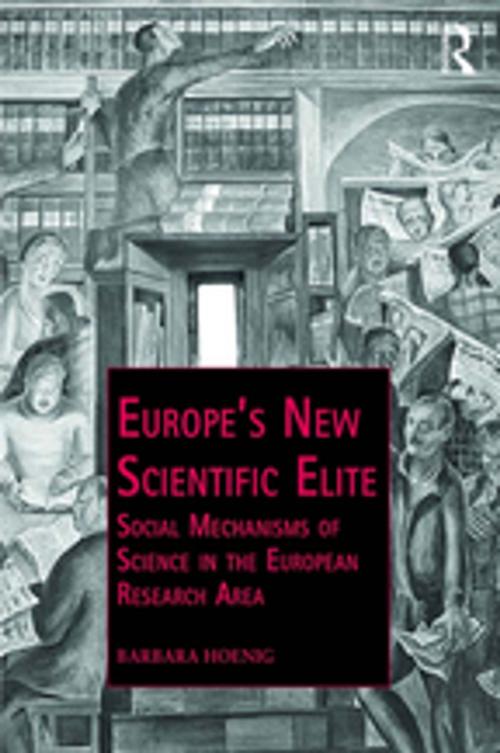Europe’s New Scientific Elite
Social Mechanisms of Science in the European Research Area
Nonfiction, Social & Cultural Studies, Social Science, Sociology| Author: | Barbara Hoenig | ISBN: | 9781315446028 |
| Publisher: | Taylor and Francis | Publication: | April 21, 2017 |
| Imprint: | Routledge | Language: | English |
| Author: | Barbara Hoenig |
| ISBN: | 9781315446028 |
| Publisher: | Taylor and Francis |
| Publication: | April 21, 2017 |
| Imprint: | Routledge |
| Language: | English |
Winner of the Harald Kaufmann Prize for Senior Researchers, 2018
This book examines the question of whether the process of European integration in research funding has led to new forms of oligarchization and elite formation in the European Research Area. Based on a study of the European Research Council (ERC), the author investigates profound structural change in the social organization of science, as the ERC intervenes in public science systems that, until now, have largely been organized at the national level.
Against the background of an emerging new science policy, Europe’s New Scientific Elite explores the social mechanisms that generate, reproduce and modify existing dynamics of stratification and oligarchization in science, shedding light on the strong normative impact of the ERC’s funding on problem-choice in science, the cultural legitimacy and future vision of science, and the building of new research councils of national, European and global scope.
A comparative, theory-driven investigation of European research funding, this book will appeal to social scientists with interests in the sociology of knowledge.
Winner of the Harald Kaufmann Prize for Senior Researchers, 2018
This book examines the question of whether the process of European integration in research funding has led to new forms of oligarchization and elite formation in the European Research Area. Based on a study of the European Research Council (ERC), the author investigates profound structural change in the social organization of science, as the ERC intervenes in public science systems that, until now, have largely been organized at the national level.
Against the background of an emerging new science policy, Europe’s New Scientific Elite explores the social mechanisms that generate, reproduce and modify existing dynamics of stratification and oligarchization in science, shedding light on the strong normative impact of the ERC’s funding on problem-choice in science, the cultural legitimacy and future vision of science, and the building of new research councils of national, European and global scope.
A comparative, theory-driven investigation of European research funding, this book will appeal to social scientists with interests in the sociology of knowledge.















